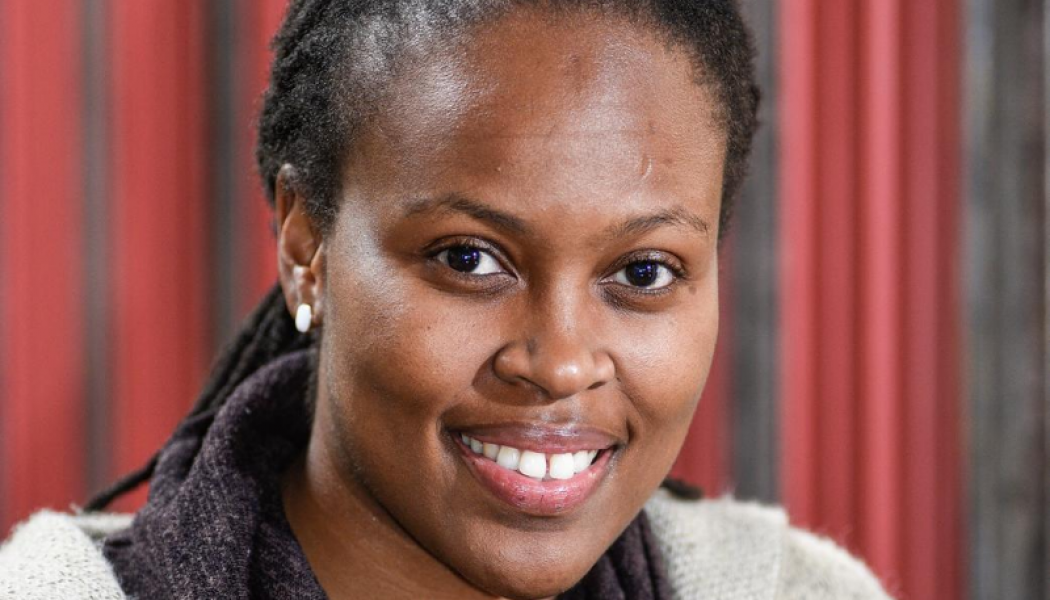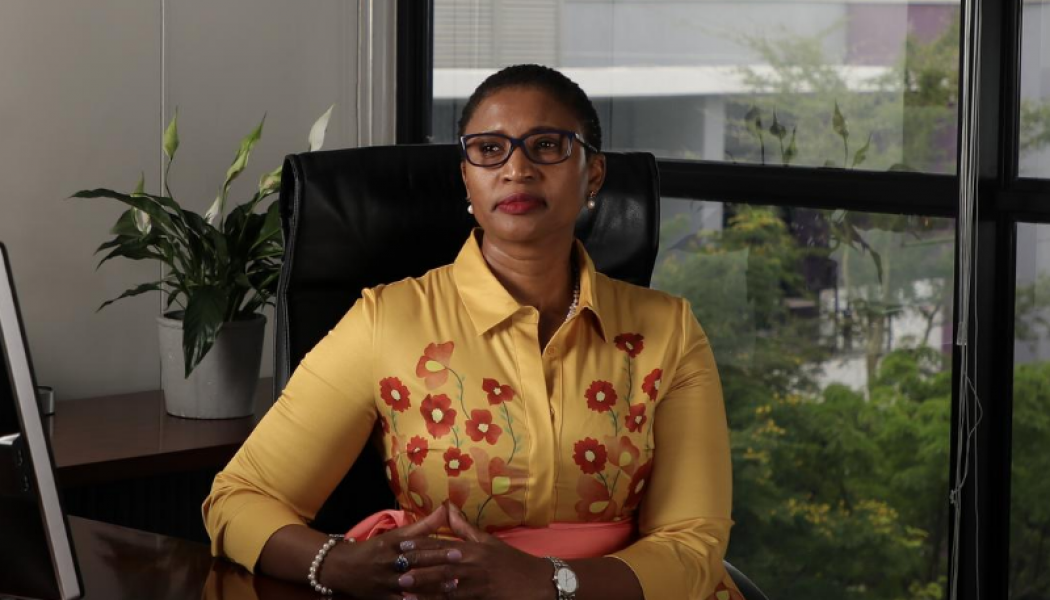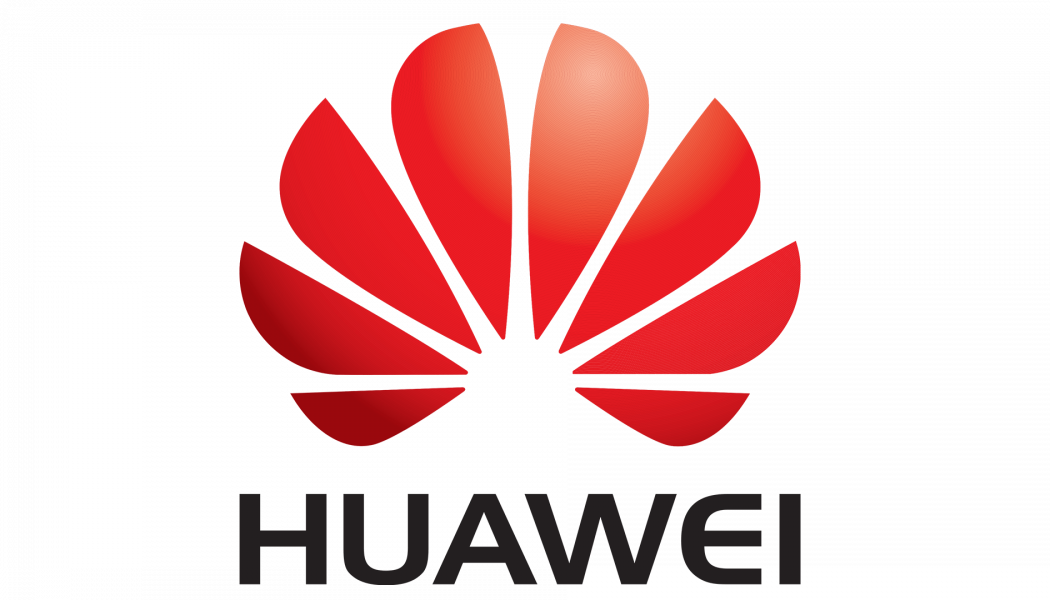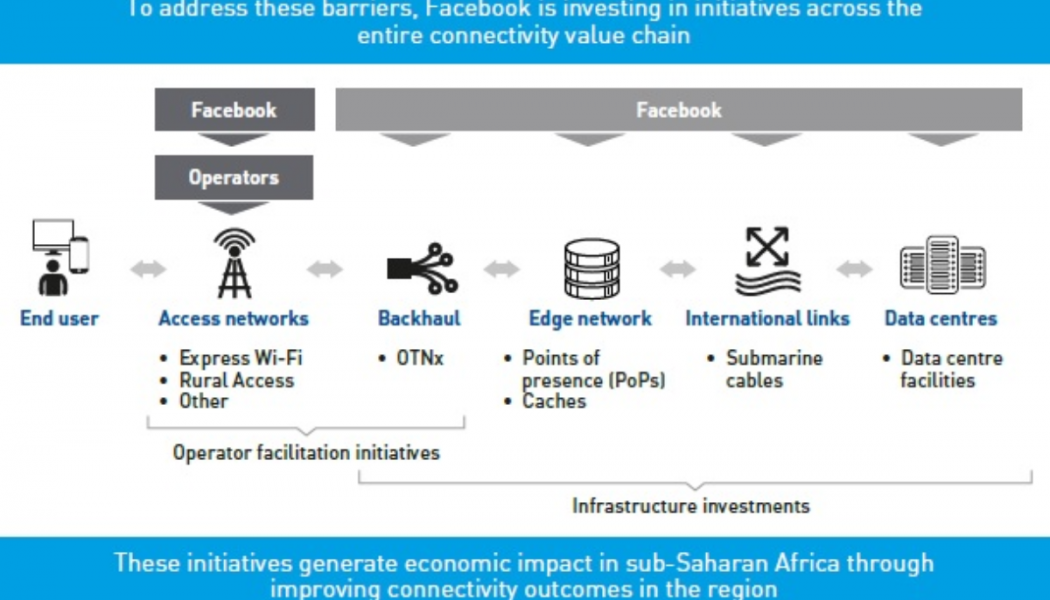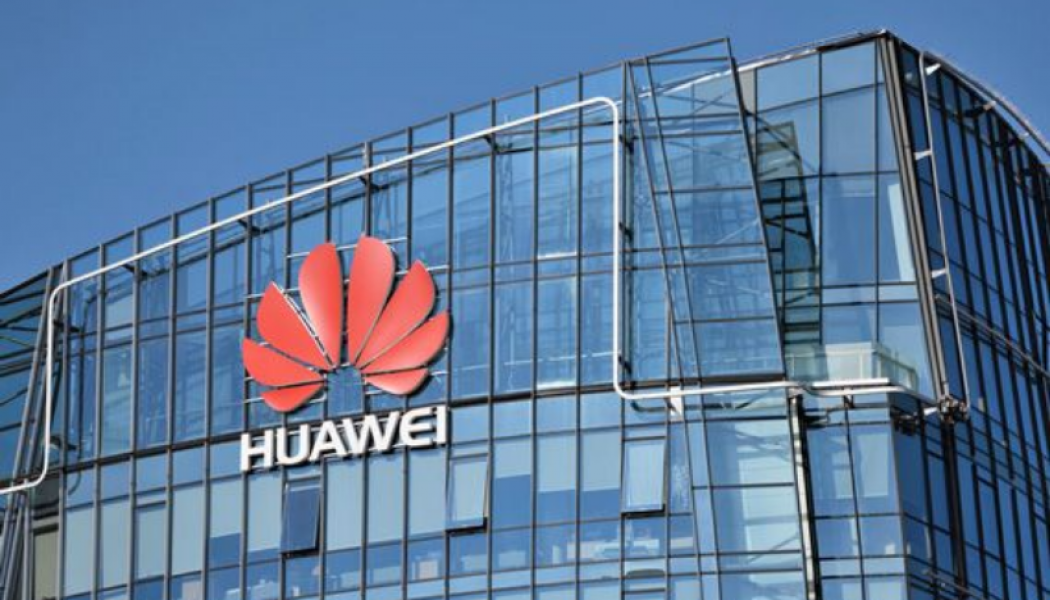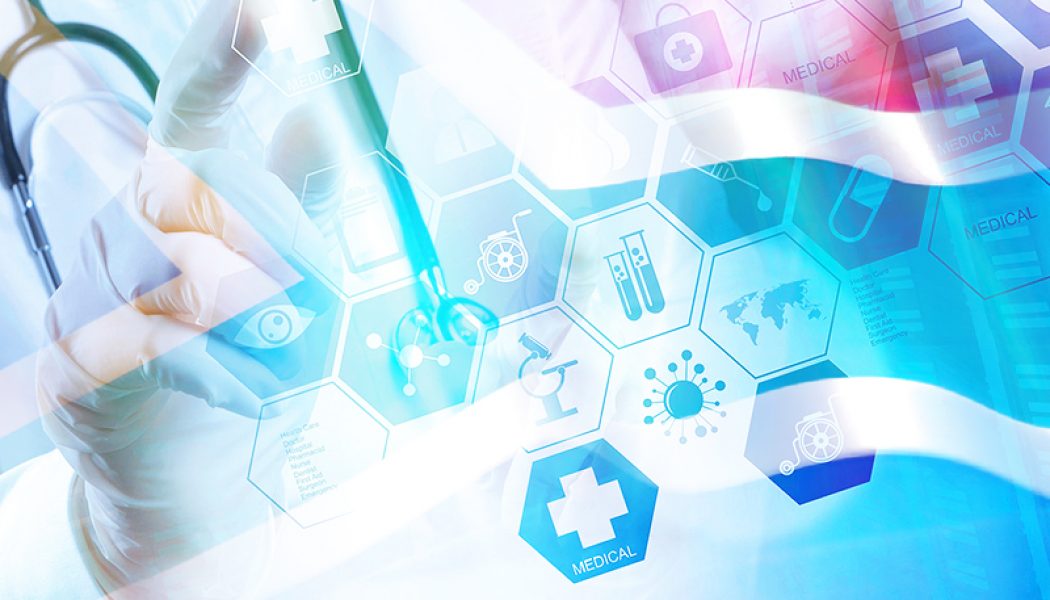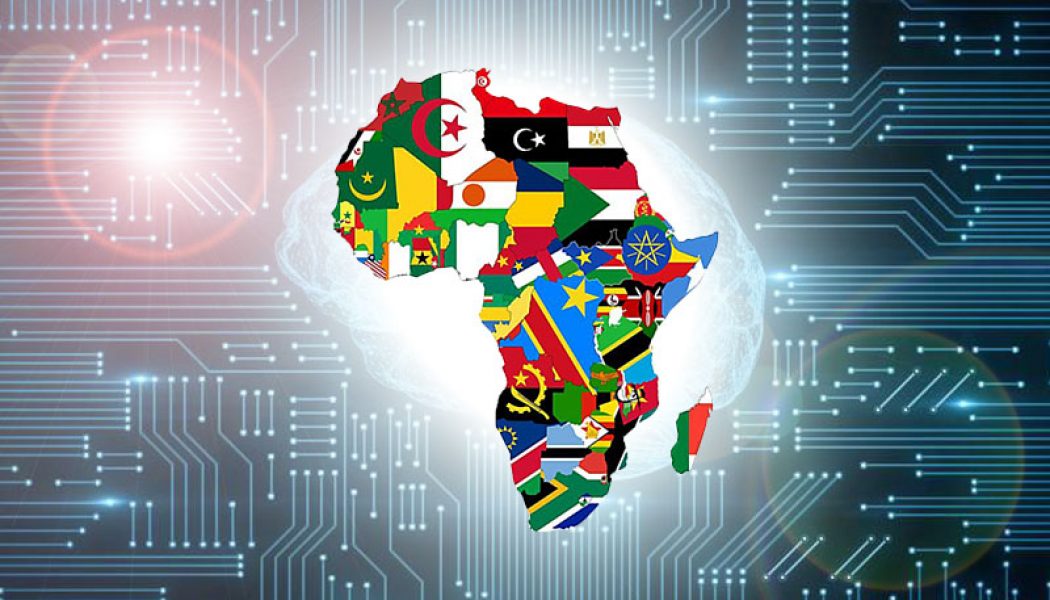Digital Transformation
Demand for Data in Africa is Increasing, Here’s How
Africa has become home to over a billion people and the population is expected to grow in the coming years. The Information and Communication Technology (ICT) sector is essential for Africa’s development and adequate ICT service deployment and digital connectivity will play a crucial role in the continent achieving economic sustainability. The forecast is that mobile data traffic in Sub-Saharan Africa is estimated to grow by 12 times the current figures, with total traffic increasing from 0.33 Exabytes (EB) per month to 4EB by 2025. Meanwhile, average traffic per smartphone is expected to reach 7.1GB over the forecast period, according to the Ericsson Mobility Report. Key drivers will be extensive network coverage and the reduction in prices of both devices and services. Also, driven by th...
Microsoft Launches Safe@Home Hackathon to Tackle GBV
Microsoft South Africa is partnering with NPO’s, 1000 Women Trust and TEARS Foundation, to launch the Safe@Home Hackathon which aims to address gender-based violence in South Africa. Hackathons are aimed at finding solutions to specific challenges through collaborative brainstorming and programming in a short space of time. The Safe@Home Hackathon will look to facilitate collaboration to create and develop technology-based solutions that will work in the context of South Africa’s unique circumstances and challenges. “Gender-based violence is one of the most pressing and critical challenges South Africa faces: President Cyril Ramaphosa identified it as the second pandemic our country is currently battling and a war that is being waged against our women and children, with over 40% of S...
CloudFabric: Leading DCNs into the Intelligence Era
The world is now entering into the era of the digital economy, leaving the industrial era behind with the emergence and rapid development of Information and Communications Technology (ICT). According to a survey conducted by global research and advisory firm Gartner, 75% of large enterprises have already transferred their principal strategic focus onto digital transformation. And while the most critical production elements were land and labor in the agricultural era, and capital and technology in the industrial era, data and intelligence have now replaced these industries in the digital economy. A significant amount of data has and is still being generated during digital transformation, which has become a core asset for enterprises. However, data is not an end in and of itself. Rather, it ...
The Key to Reshaping the Oil and Gas Industry — Huawei’s New ICT
The oil and gas industry is embracing digital transformation. As a traditional pillar of the energy sector, the oil and gas industry has always had an important part to play in the energy field. However, these are challenging times. On one hand, the industry is subject to increasingly complex mining conditions and, with that, higher mining costs. On the other, it is faced with tumbling global oil prices that bring new challenges to all players in the field. In such circumstances, how can Artificial Intelligence (AI), big data, cloud, and 5G technologies be used to increase efficiency while reducing costs? This is now the key concern of all oil companies. In sum, it is beyond doubt that the implementation of digital transformation has become a key factor determining the success of oil compa...
Fixed Wireless Access Unlocks a World of Opportunity
5G networks are now being built out, with performance and capacity gains available to be tapped by new use cases. One of the first will be fixed wireless access (FWA). Around half of all households in the world – over 1 billion – do not have a fixed broadband connection. Given the current speed and capacity of cellular networks with LTE and its evolution to 5G, there are opportunities for operators to deliver broadband services to homes and small and medium-sized enterprises economically using FWA. Fixed wireless access (FWA) connections are forecast to grow threefold and reach close to 160 million by the end of 2025, accounting for 25 percent of total mobile network data traffic globally, according to Ericsson Mobility Report. FWA in the broadband context /* custom css */ .tdi_3_acf.td-a-...
T-Systems: Leading the Race to Healthcare Digital Transformation for SAP in South Africa
With a footprint in more than 20 countries, 37,500 employees, and external revenue of 6.8 billion euros (2019), T-Systems International (TSI) part of ICT giant Deutsche Telekom, is one of the world’s leading vendor-independent providers of digital services headquartered in Germany (Europe). T-Systems South Africa (TSSA) has a proud 23-year history in South Africa having first invested in the country in 1997. As a Level 1 B-BBEE Contributor, our competitive advantage is through delivering world-class services and standards while adapting to the unique needs, priorities and expectations of our clients and partners in South Africa. Since 2010, T-Systems South Africa has deployed innovative end-to-end solutions that manage every aspect of healthcare business whilst meeting local and inte...
Is Africa Ready for Digital Enablement?
Sourced from Redbubble and iStock. The World Economic Forum (WEF) believes that there are five hotspots that need to be targeted by the public sector in Africa and the theme that underpins them all is… digital. Digital is the infrastructure that the public sector needs to enable skills development, innovation, connectivity, economy and data-driven insights. Digital enablement is the firelighter that can potentially ignite the public sector’s ability to engage with citizens and reshape economic growth. But, according to Sina Mvoko, Managing Executive Public Sector at BCX, it has to be implemented and approached with strategic grace rather than the blunt hammer of square solutions shoved into round holes. “Digital enablement is about just that, enabling – empowering the public sector in achi...


